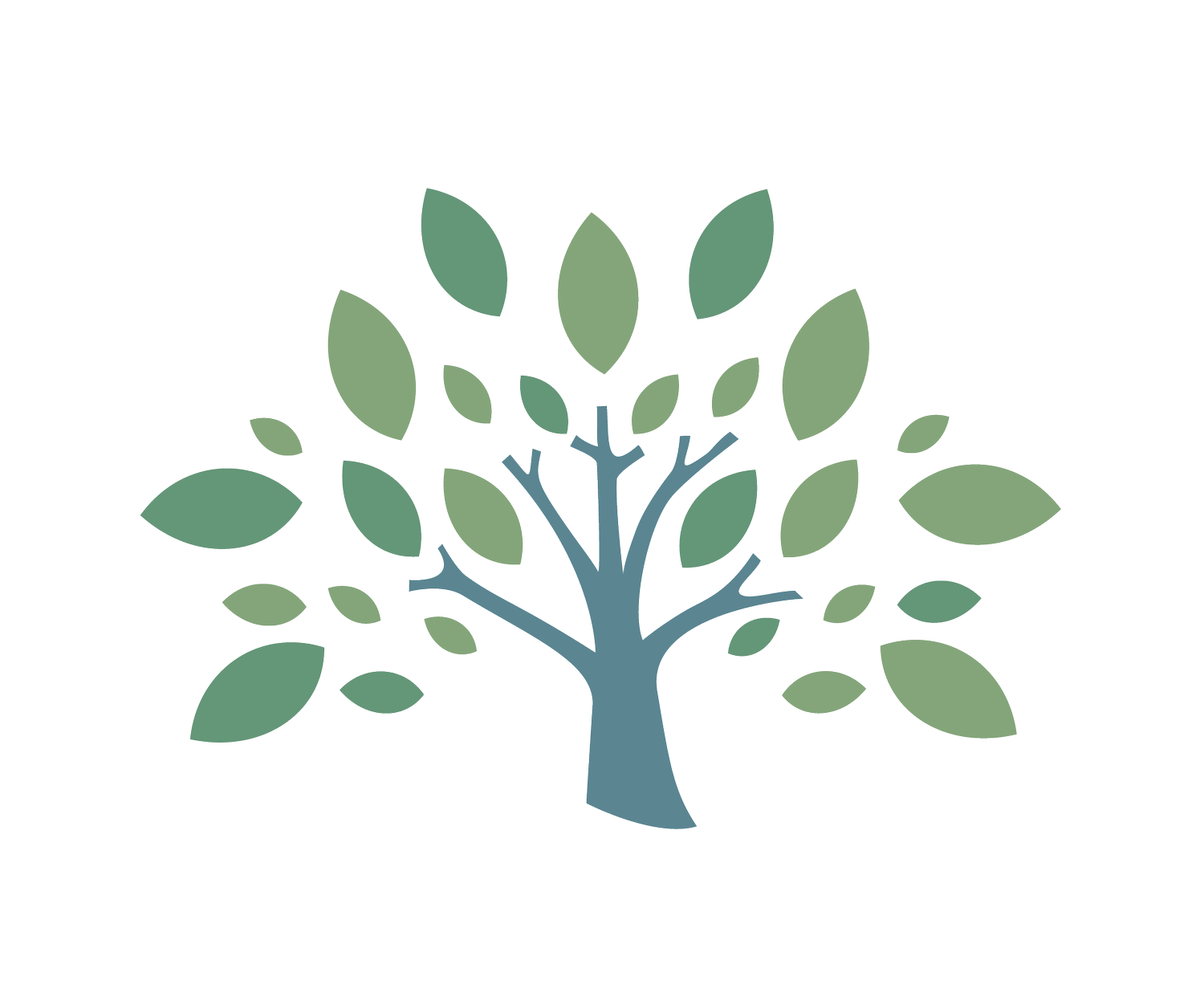
Grief Counseling
Does the Weight of Grief Feel Too Heavy to Carry Alone?
Do you think grief only occurs when someone dies?
Do you wonder if the pain will ever get easier?
Are you questioning your grieving process?
Do you find it hard to imagine a future without the presence of what you've lost?
You are in pain. Your heart hurts and you wonder how you will make it through. Someone you care about has died and you feel like you are in a haze. Feelings of disbelief, numbness and confusion consume you as you try to make sense of what happened. You are exhausted yet you can’t sleep. You are struggling to process what has happened and to make sense of it.
At some point in our life, we all will experience grief and loss. According to the Mayo Clinic, “Grief is both a universal and personal experience.” Not everyone will need grief support however some individuals can benefit from the help of a compassionate counselor. Finding the right therapist is important and I am here to support you.
While life continues for others your life has changed. Your world has been turned upside down. You feel emotions such as anger, jealousy, sadness, yearning, and fear which at times may feel overwhelming and scary. You may even judge yourself for having these feelings which are part of grief. I provide a space for you to feel what you feel without judgment. Feeling seen and having your pain acknowledged helps to lessen the loneliness and isolation.
“Grief is a process, not a problem to be solved.” — Megan Devine
Isolation and loneliness can also occur from deaths that are not always acknowledged by others such as a death of a coworker, miscarriage, stillbirth, or a pet’s death. If you feel that you are not receiving the support you need, grief counseling can provide a place to honor your grief with a caring therapist.
Grief can feel very isolating and lonely
Other types of loss.
Experiencing a loss is difficult, and grieving is a natural response. Grieving for someone who has not died such as a loved one with Alzheimer’s disease or dementia is a non-death loss. The person you knew is gone and the pain of that loss is important to honor and working with a grief therapist can help navigate the feelings you have.
Other non-death losses such the ending of a relationship or job loss can cause feelings of grief even if the loss was expected. Another non death loss that can be overlooked is the life we thought we would have, and our reality does not match. Grieving the loss of what we had hoped for is very real and can be helpful to explore.
Current events can also be a source of grief and loss. The present-day political atmosphere consists of loss and fear. War that is occurring in Ukraine, the Israeli Palestinian conflict, climate change, immigration and mass firings of federal employees are also concerns that cause grief and feelings of loss.
Racism and systemic oppression have caused grief and loss in society. COVID-19 and the re-emergence of previously controlled diseases like the measles, has affected people and became a source of grief and loss for many.
Through compassionate guidance, the heavy shadows of grief can begin to lift, allowing you to find your unique path towards healing and a future filled with gentle hope.
Grief counseling can help.
I too have grieved, and understand how painful experiencing a loss can be. I will be with you each step along the way.
Grief and loss are an inevitable part of life. Grief counseling helps you process your emotions and thoughts in a safe space. Working with a therapist who is understanding, compassionate and non-judgmental lessens isolation and loneliness that you feel.
Grief affects our mental, physical, and emotional well-being which can be confusing and overwhelming. I provide psychoeducation about the grief process which helps increase understanding of grief and can help you make sense of what you are experiencing.
I incorporate Mindful Self Compassion (MSC) which helps to increase awareness of thoughts and feelings in a non-judgmental and gentle way. Self-compassion helps to create a space to be with emotions instead of avoiding.
I also use parts of Cognitive Behavioral Therapy (CBT) to explore thoughts and behaviors about the loss. You may have thoughts and behaviors that you feel uncomfortable sharing with others, and I provide a space to feel understood and heard.
“Sometimes it’s okay if the only thing you did today was breathe.” — Yumi Sakugawa
My extensive grief and loss training stems from my internship at Agape Hospice for my master’s degree in Mental Health Counseling at Regis University. I provided grief counseling to individuals who experienced the death of a loved one.
I continue to increase my knowledge of grief and loss by attending educational classes through the Association of Death Education and Counseling (ADEC), Hospice Foundation of America, Alan Wolfelt’s Center for Loss, and The Center for Prolonged Grief at Columbia.





